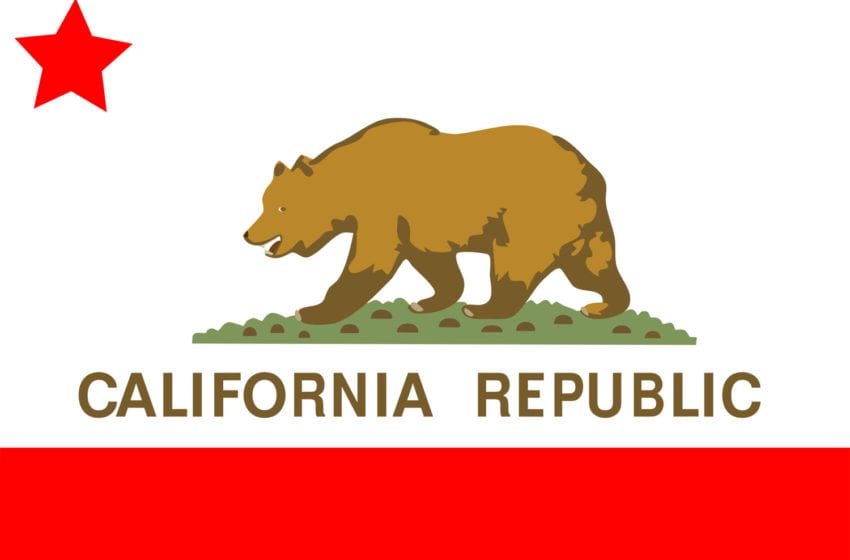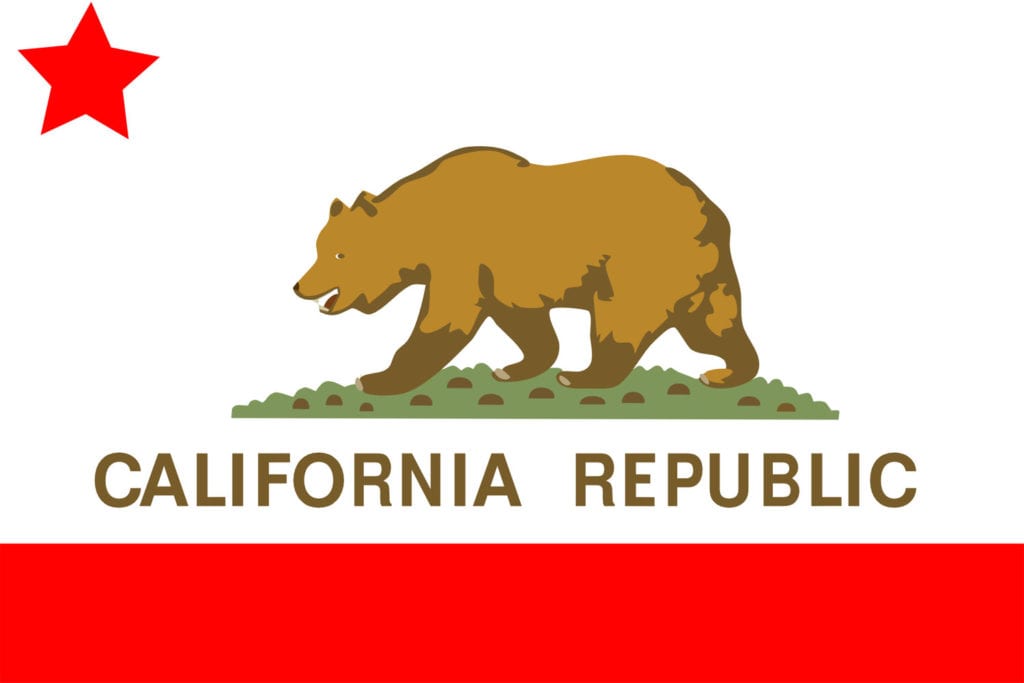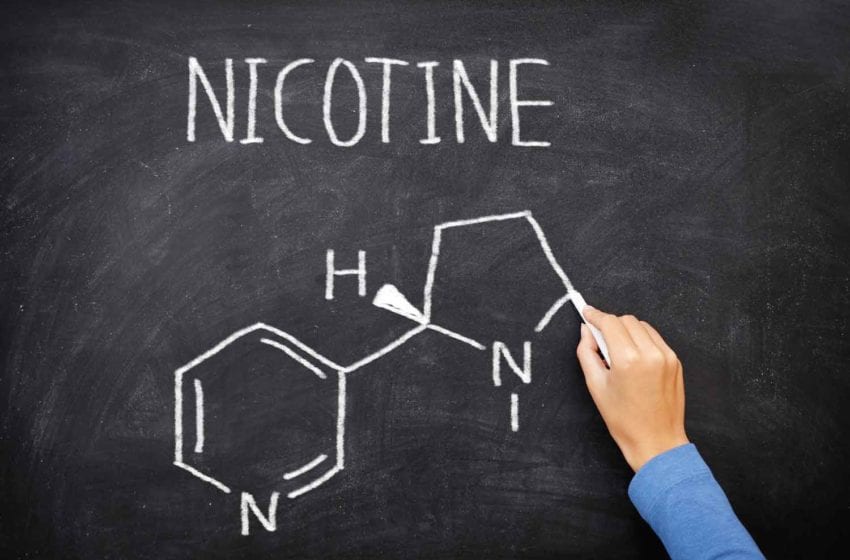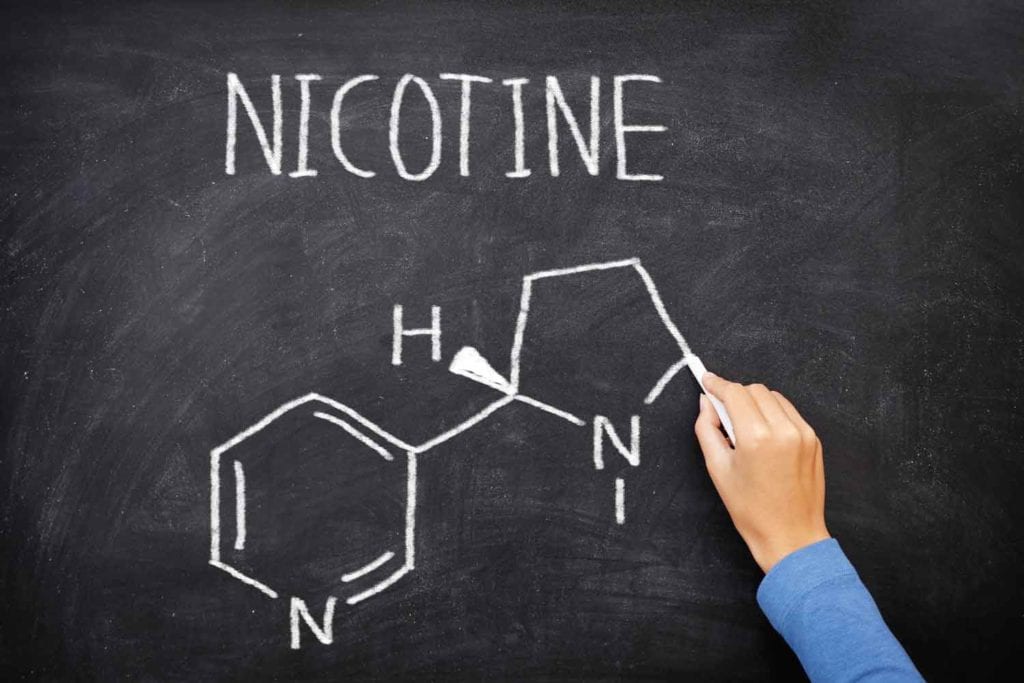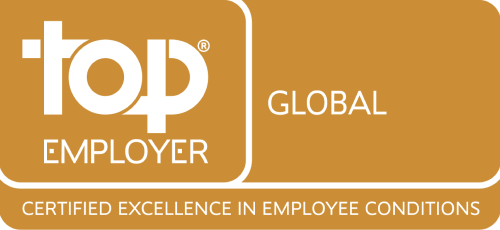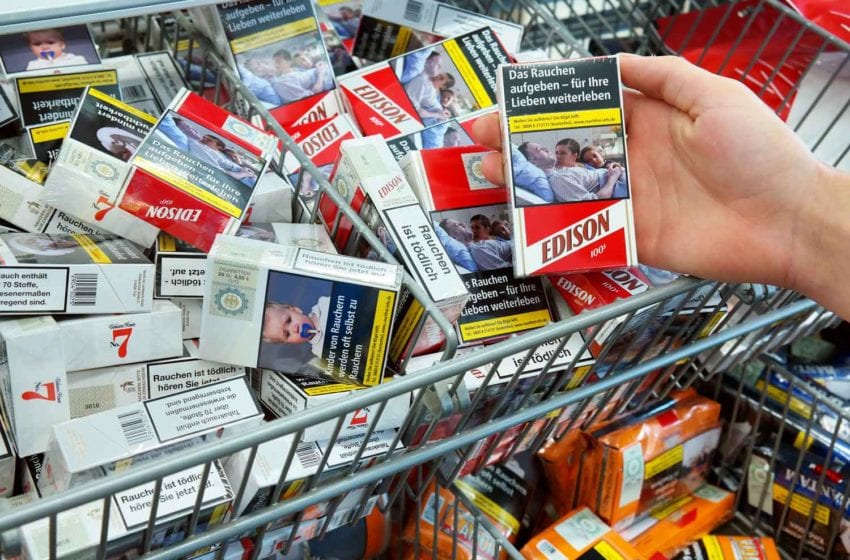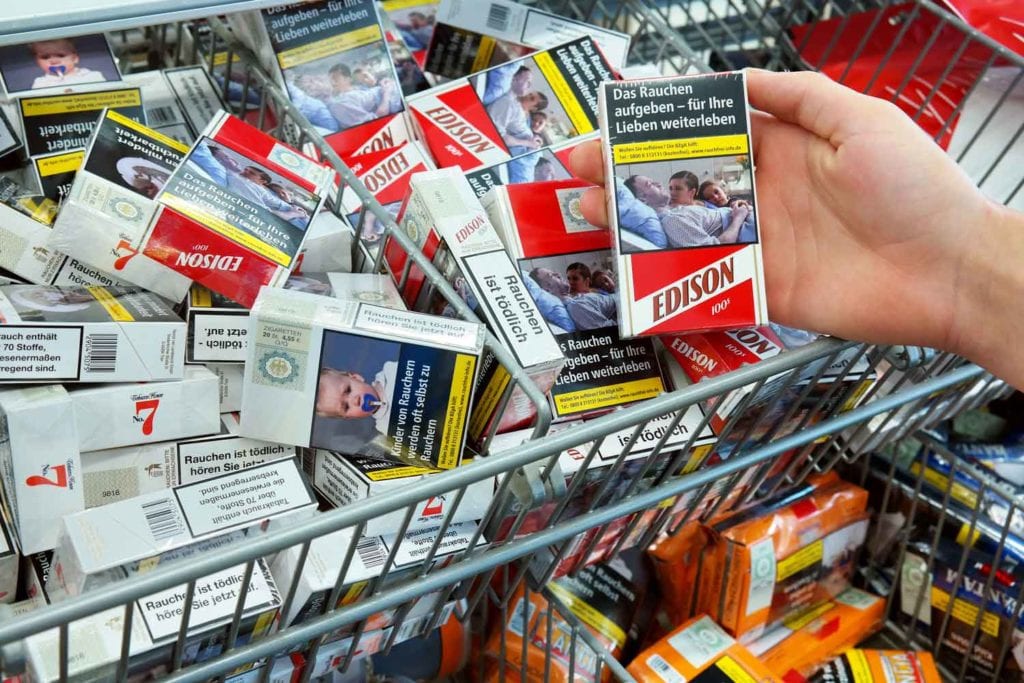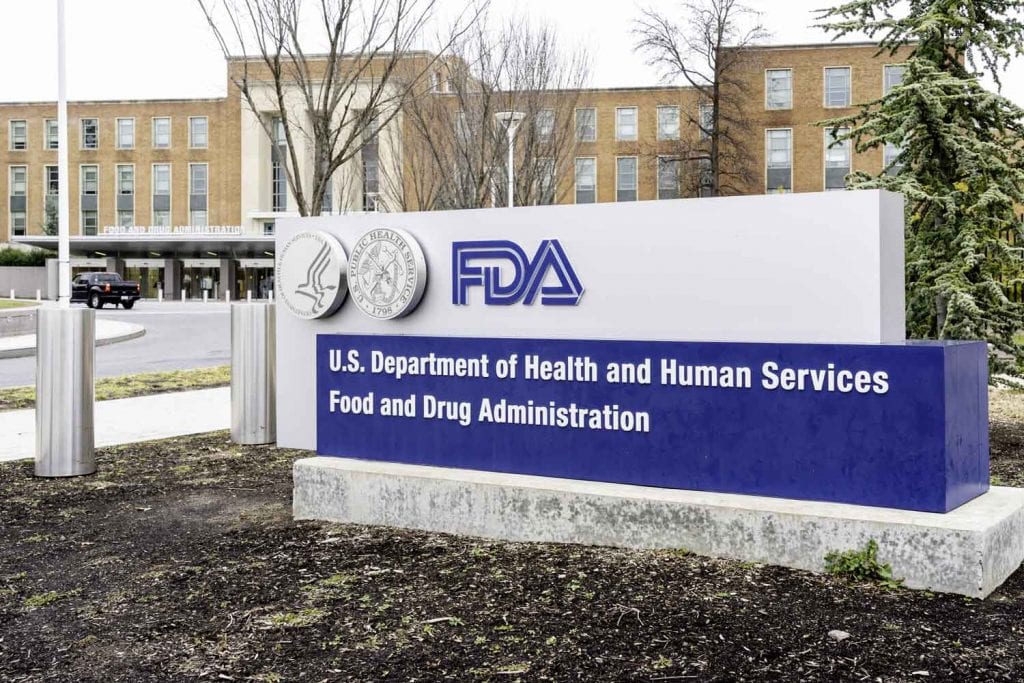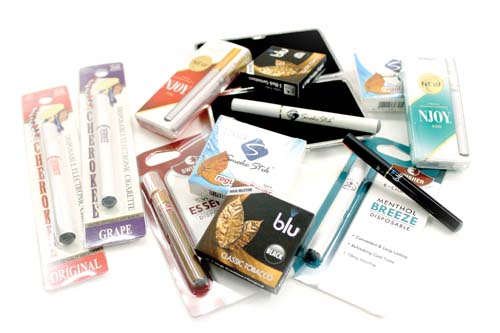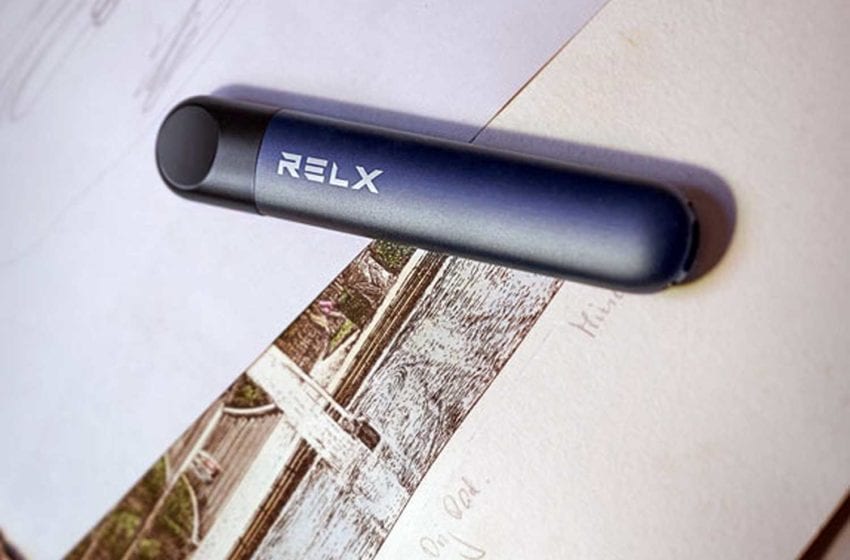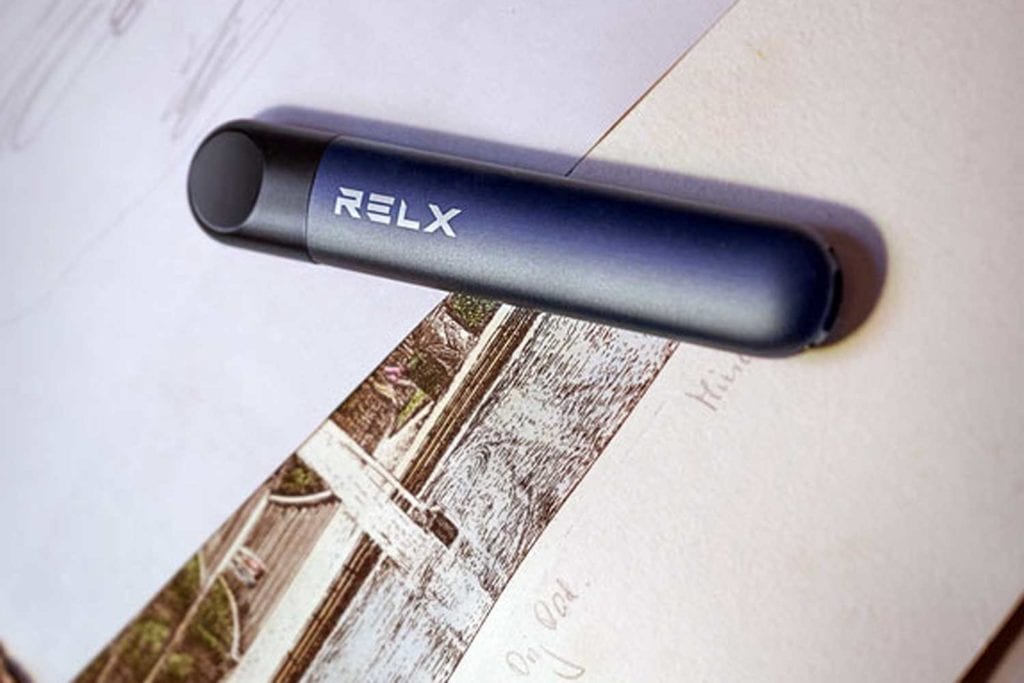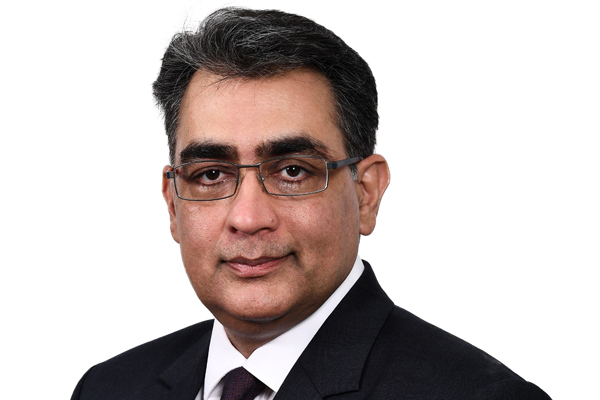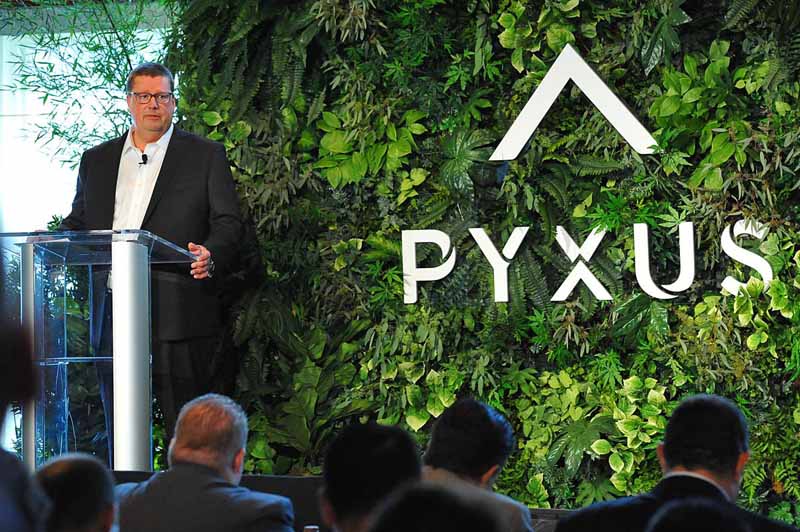
Pyxus International intends to divest its cannabis business in order to focus on its more profitable tobacco and e-liquid businesses. In addition, the company has taken action to restructure its industrial hemp and CBD operations to minimize financial investment in that business.
“Our strategic decision to exit cash-flow negative cannabinoid operations will allow us to reduce corporate SG&A [Selling, general and administrative expense] and sharpen our focus on growing our more profitable tobacco and e-liquid businesses such that these complementary businesses can fully leverage Pyxus’ 145-year heritage and existing relationships,” said Pieter Sikkel, president and CEO of Pyxus International, in a statement.
“We maintain our belief that there is value in FIGR and its growth can be accelerated with the right capital structure and partner. The completion of our financial restructuring, global operations efficiency program, and continued investment in agronomy, traceability and sustainability are proving to be of significant value to our tobacco customers as we have started to work together on long-term strategic partnerships that support our objective of growing our market share.”
In connection with the plan, the company’s three Canadian cannabis subsidiaries, FIGR Brands, Canada’s Island Garden (FIGR East) and FIGR Norfolk filed for and received protection from their creditors under the Companies’ Creditors Arrangement Act (Canada).

